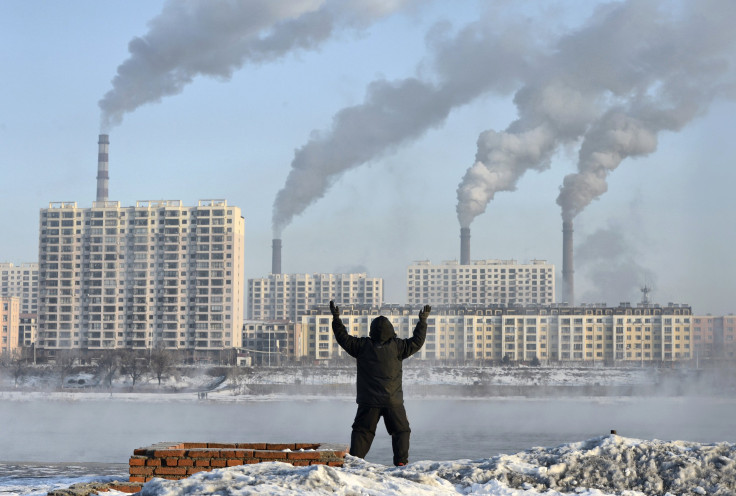Human Evolution Through Climate Change: Most Species On Earth Are Changing

The temperature of the Earth has risen 1 degree Celsius since the pre-industrial era, scientists believe. That may seem like a tiny change, but because of that 1 degree, salamanders from the Appalachian Mountains have shrunk and the skulls of chipmunks in Yellowstone National Park have actually changed shape. Climate change, according to a study in the journal Science released last year, has affected and will affect just about every species on Earth — including humans.
“It is reasonable to suggest that most species on Earth have been impacted by climate change in some way or another,” Bret Scheffers, lead author of the study, told The Guardian Wednesday. “Some species are negatively impacted and some species positively impacted.”
In another study in the journal Nature Climate Change, scientists found that 47 percent of land mammals and 23 percent of birds have suffered from climate change. A third study in the journal PLOS Biology found that some species are simply disappearing. More than 450 plants and animals have simply gone extinct thanks to climate change.
“There has been a massive under-reporting of these impacts,” said James Watson, co-author of the Nature Climate Change Journal, said in a press release.
Read: Climate Change Facts: These Time-lapse Videos Show The Real Results Of Global Warming
The consequences of climate change can even be seen down to the genetic level. Scientists discovered that the genetic makeup of pink salmon, for instance, has evolved to for earlier migrations. Southern flying squirrels have also switched up their genetic codes by hybridizing with the northern flying squirrel.
Scheffer’s study found that 77 of 94 different ecological processes have been affected by climate change, with those processes ranging from genetics to seasonal responses and morphology. Entire ecosystems have evolved, too.
“We now have evidence that entire ecosystems, some the size of entire states within the USA, are changing in response to climate change,” Scheffers said in his Guardian interview.
This is where humans come in. When ecosystems change, that means not just one species is affected; rather, an entire web of species is permanently altered. Humans will likely see a lack of biodiversity, meaning that crops and fisheries, among other food sources, won’t be as productive.
And it’s likely that Earth will see the development of new diseases, too. Researchers aren’t sure precisely what’s coming or how humans will be impacted — but they agree that climate change consequences for humans will come.
“There is a global scientific consensus around climate change and its impacts on nature and humans,” Scheffers said. “It is truth that climate change will have devastating impacts on human health and quality of life.”
© Copyright IBTimes 2025. All rights reserved.






















